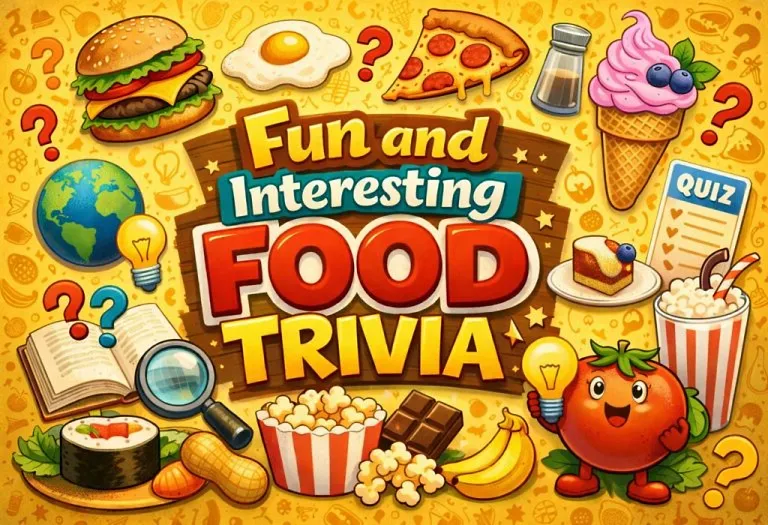Eggplant for Babies – When to Introduce, Benefits and Recipes

- When to Introduce Brinjal to Your Baby?
- Nutritional Value of Eggplants
- Benefits of Eggplant for Babies
- How to Prepare Eggplant for Babyfood?
- How to Select and Store Eggplants for Infants?
- Precautions to Take While Giving Eggplants to Babies
- Tasty & Healthy Eggplant Recipes for Babies
- FAQs
Eggplants boast a wallop of nutrition, and although they aren’t quite popular among kids’, they are a stellar addition to nutritious diets. Eggplants are also known as aubergines and brinjals. The humble eggplant for baby is known for its richness in Vitamin A, folate, and gut-healthy fibre, all of which contribute to your baby’s growth and development. Plus, they are packed with Vitamin K and calcium, which are the building blocks of strong and sturdy bones. So, will you now agree that eggplants are super nutritious for your little one? When planning to introduce eggplants to babies, we suggest reading this article first to understand the dos and don’ts of this vegetable.
When to Introduce Brinjal to Your Baby?
Babies usually start on solid foods gradually after six months of age. However, the ideal time to introduce eggplants is between 8 and 10 months of age since some eggplants have a bitter taste, and the bitterness may upset your child’s stomach lining. Therefore, it’s a good idea to shop for mild-tasting ones and cook or puree them well before feeding your little one. Avoid feeding them raw eggplant as it could cause digestive issues.
Nutritional Value of Eggplants
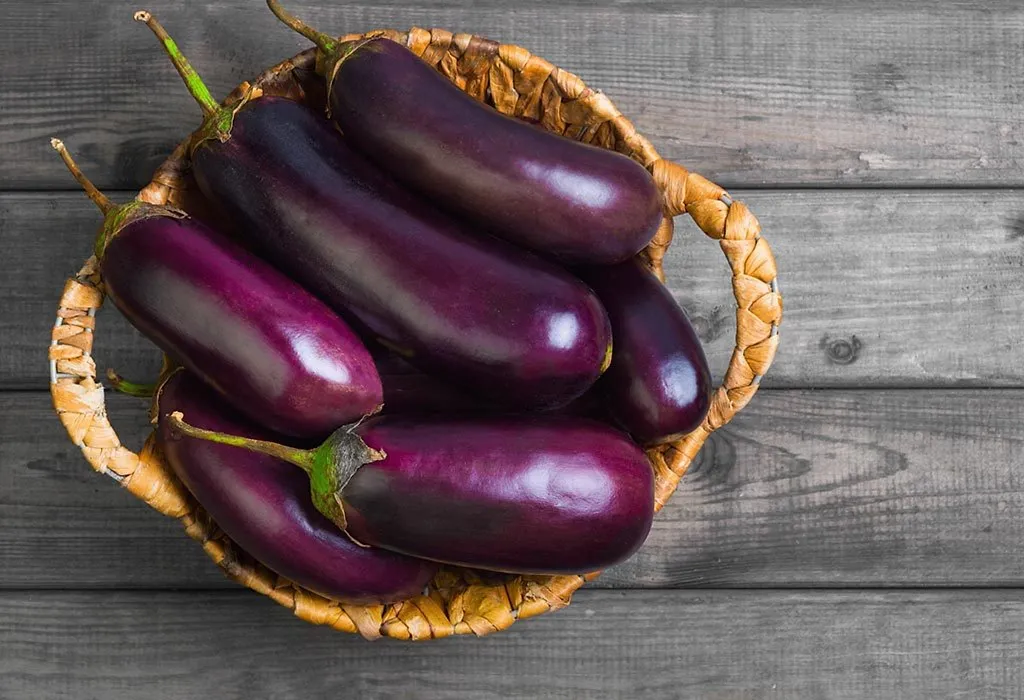
Eggplants are packed with various nutrients that are essential for babies. The following nutrition is analysed in cooked and boiled 100 grams of eggplant according to the USDA (1):
- Water – 89.7 g
- Energy – 35 kcal
- Vitamin A – 37 IU
- Vitamin C – 1.3 mg
- Vitamin E – 0.41 mg
- Vitamin K – 2.9 mcg
- Niacin – 0.6 mcg
- Folate – 14 mcg
- Vitamin B6 – 0.086 mg
- Calcium – 6 mg
- Potassium – 123 mg
- Iron – 0.2 mg
- Magnesium – 11 mg
- Phosphorus – 15 mg
Eggplants feature trace minerals such as zinc, selenium, and copper as well.
Benefits of Eggplant for Babies
The following are the benefits of eggplant for babies:
1. Nutrient Powerhouse
Eggplants are known to be nutrient-dense foods for infants. One cup of cooked eggplants (82 grams) delivers up to 10% of the RDA for manganese and many other nutrients, plus trace minerals, to infants.
2. Rich in Antioxidants
Antioxidants protect infants from damage caused by free radicals and prevent illnesses such as stroke and cancer. Eggplants are known to contain ‘anthocyanin’, and multiple studies have proven it to be effective against harmful free radicals and protect the brain from oxidative damage (2) (3) (4).
3. May Lower the Rate of Heart Disease
Consuming eggplants has been associated with lowered levels of low-density lipoprotein (LDL) cholesterol and triglycerides. High levels of LDL cholesterol are responsible for heart diseases.
4. Prevents Constipation
Eggplants can help prevent constipation as they have high fibre content. Eggplants are also low-calorie and high-moisture content vegetables, making them great for curing constipation (3).
5. Promotes Satiety
Since they’re low in calories and high in fibre, they promote satiety in infants. If your baby is constantly hungry, adding some eggplants to his diet will leave him feeling full for longer.
6. Very Versatile Vegetable
Eggplants can be baked, grilled, barbecued, roasted or sauteed. You can use some seasoning and a drizzle of olive oil for a burst of flavour when serving. High fibre content in eggplants has been known to promote regular bowel movements in infants and maintain a healthy digestive system.
How to Prepare Eggplant for Babyfood?
Eggplant is a vegetable that can be used in many dishes. Here are some tips to keep in mind when preparing eggplants as baby food:
- Chop them and slice them into bite-sized pieces for easy chewing and swallowing.
- Steaming eggplants is a perfect way to serve as finger foods.
- You can give your baby pureed eggplant to make mealtimes easier.
- Bake, fry or sauté them, but make sure they turn tender before serving.
How to Select and Store Eggplants for Infants?
Selecting and storing aubergine (eggplants) for infants is easy. Just visit your local grocery store and pick the ones that are smooth, wrinkle-free, and shiny in texture but are heavy when compared to their size. Red flags to watch out for when buying eggplants are dirt and bruises. If the colour of your eggplants isn’t vivid, it’s best to avoid buying them. Any signs of discolouration, scars, and blemishes are indicators of decay and bad produce.
You can store your eggplants and keep them fresh by refrigerating them in the freezer section. The shelf life of fresh eggplants in the freezer is 5 days, and it is best not to cut them up if you don’t plan on feeding them to your baby immediately. Cutting the eggplants before refrigerating them reduces their shelf life.
Precautions to Take While Giving Eggplants to Babies
Every vegetable has a unique property, which makes it crucial for parents to learn about it before adding to their babies’ diets. The same applies to eggplants. Let’s quickly check some necessary precautions parents should take when feeding eggplant to their baby.
- Start by introducing eggplant in a mashed or pureed form. You can prepare eggplant mash or puree by steaming or boiling the peeled and deseeded vegetable.
- If your little one shows normal signs and is comfortable eating eggplant, you can feed it begin with teaspoons and increase the feed gradually. If they avert or show distress signs, stop immediately. They might not like the taste or texture of the vegetable.
- As you continue feeding eggplant to your baby, you can try styles to not bore your child with the same taste or texture as the vegetable. You can steam, stew, roast Mediterranean-style, grill, or even bake an eggplant. Always feed thinly sliced pieces of eggplant dishes to avoid choking. Removing the skin of the veggie can also prevent choking hazards.
- The allergy to eggplant is rare but still possible (5). Wait for some time after feeding eggplant to your baby to check for the reactions in your baby. It is crucial to note that eggplants contain an enzyme called histamine, which can produce reactions similar to an allergic reaction in some babies (6). These could be mistaken for an eggplant allergy. Therefore, it is advised to consult a doctor to confirm the status of eggplant allergy.
Tasty & Healthy Eggplant Recipes for Babies
If you’ve always wanted to add eggplants to your culinary repertoire or get your little one to eat some, here is how to make eggplant baby food coupled with recipes you can try at home.
1. Eggplant Puree
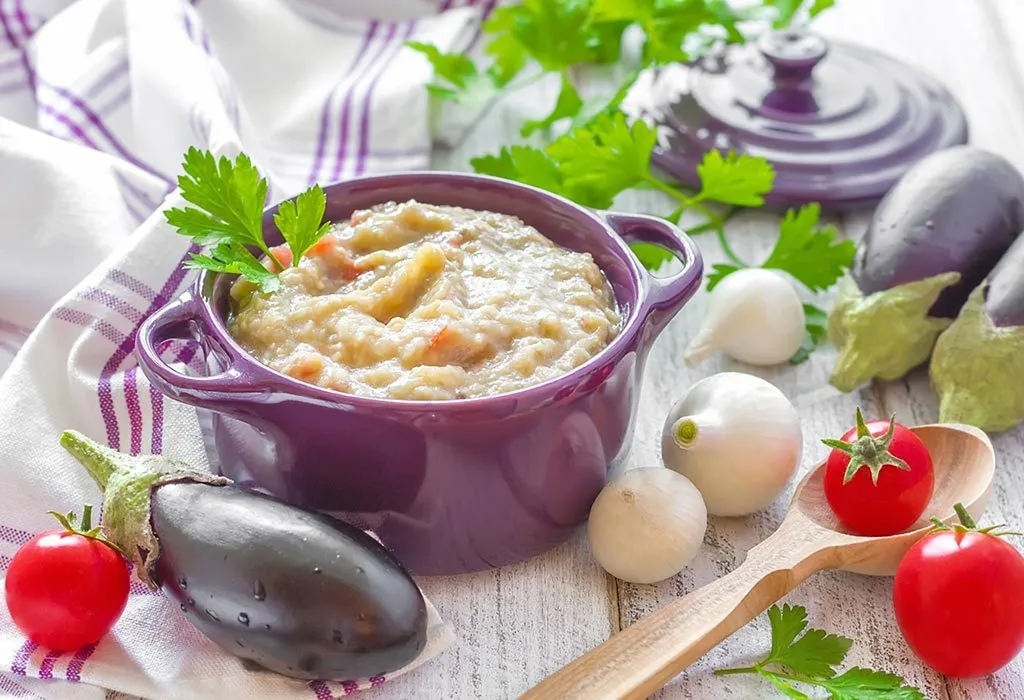
This is a basic eggplant puree recipe for babies and one of the classics among moms. If your infant is new to eggplant, he’ll love it.
Ingredients
- Eggplant
How to Make
- Wash the eggplant under running water.
- Carefully peel and deseed it.
- Slice into 1-inch chunks.
- Steam the chunks in the microwave or in a pressure cooker until they turn soft and tender.
- Puree the cooked eggplants. Add a bit of water to make the consistency smooth but thin and serve it to your baby.
2. Eggplant and Cheese

Eggplant and cheese is another favourite among babies. Adding a bit of cheese to traditional eggplant recipes is a surefire way to spruce things up. Here’s how you make this recipe.
Ingredients
- Eggplants
- Grated Cheese
- Olive Oil
- Basil
How to Make
- Preheat to 375 degrees Fahrenheit.
- Slice the eggplant in quarters and apply olive oil on those slices.
- Sprinkle a pinch of basil powder or leaves on the eggplant slices.
- Bake them for roughly 30 minutes or until they become tender.
- Quickly remove the dish when they are almost done (after 25 minutes or so).
- Top them with cheese and return to baking for another 5 minutes.
- You can take it out of the oven and serve then, either chopped or diced as finger food or pureed.
3. Eggplant Sauté
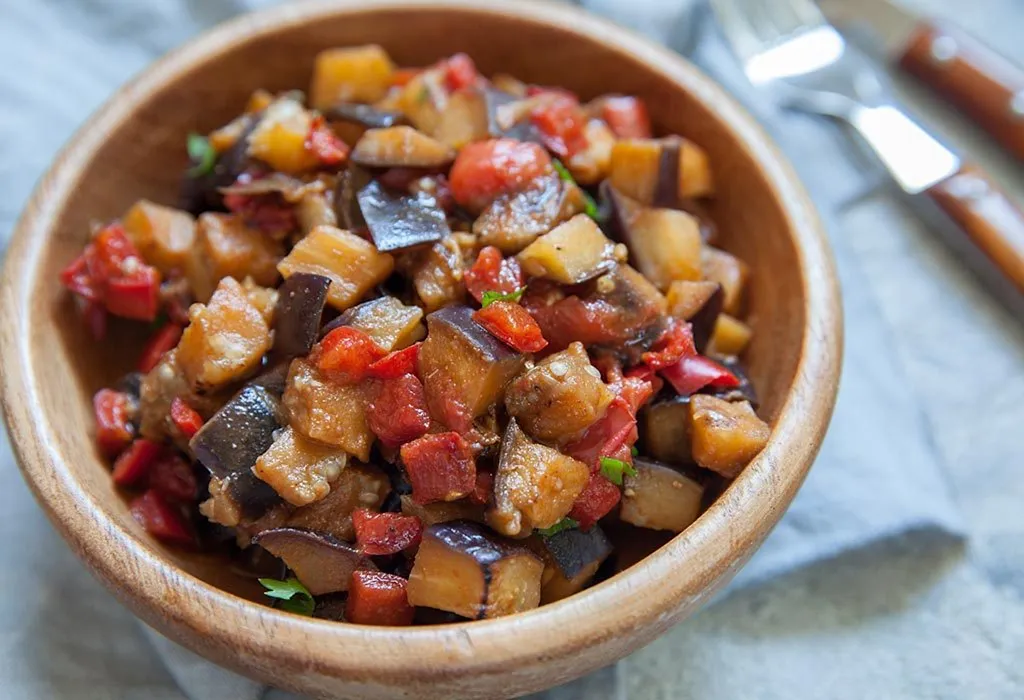
This one’s an old-school classic too. You can get creative with eggplant sauté and incorporate in salads, sandwiches, and noodles. Here’s how you can do it.
Ingredients
- Chopped eggplants
- Olive Oil
- Finely chopped onions
- Garlic Powder
- Pepper
- Basil
How to Make
- Wash those eggplants thoroughly and peel them well. After you’re done peeling, begin dicing them into cubes.
- Heat two tablespoons of olive oil in a pan and sauté the onions over medium heat for five minutes.
- Top with spices and the chopped eggplant and give it a good mix. Drain out the remaining olive oil, if needed.
- You can serve this dish either alone or alongside noodles, sandwiches, and salads.
4. Roasted Eggplant
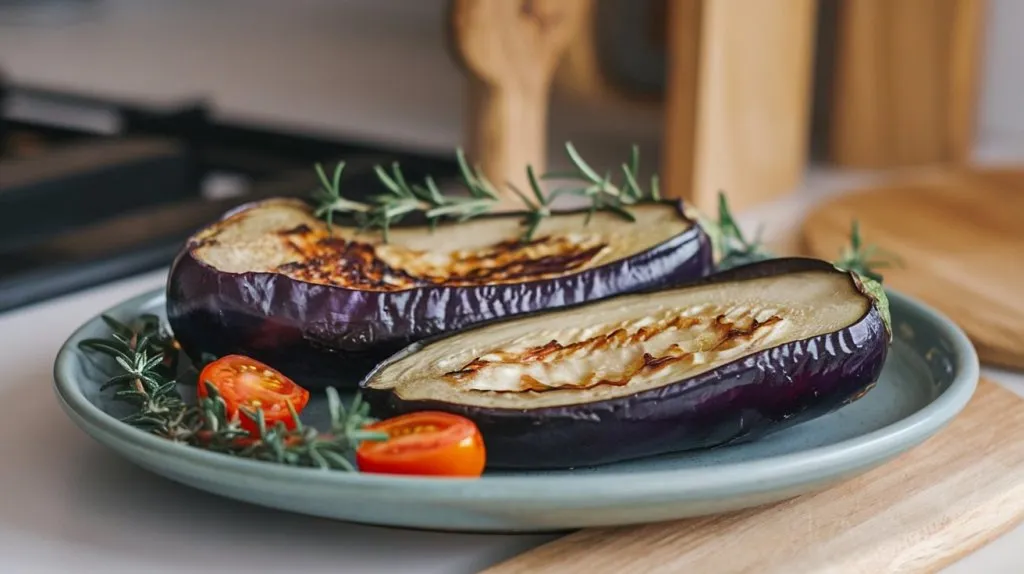
Roasted eggplant is a simple and ideal dish for babies, toddlers, and preschoolers. This minimal eggplant recipe for baby retains the flavour of the eggplant but gives it a unique taste and texture.
Ingredients
- Baby eggplants – 4
- Olive oil – 3/4 cup
- Garlic cloves – 2, finely chopped
- Oregano sprigs – 1/4 cup
- Black pepper powder – 1.2 tsp
- Kosher salt – 1 tsp
- Crumbled feta cheese
How to Make
- Preheat your oven to 232°C (450°F).
- Slice the eggplants vertically so you get small round slices of eggplant.
- In a baking tray, line the baking sheet and eggplants, each at least one centimetre apart.
- In a small bowl, mix olive oil, finely-chopped garlic, pepper powder, oregano, and salt. Mix well.
- Apply this oil mixture to the eggplant slices.
- Cover the baking tray with a foil and roast them for 40 minutes.
- After 40 minutes, remove the baking foil and bake them for an additional five minutes.
- Your roasted baby eggplants are ready. Generously sprinkle crumbled feta cheese on top and they are ready to serve.
FAQs
1. Is eggplant safe for babies?
If you’ve been wondering whether eggplant is good for babies, the answer is, yes. Care must be taken while serving this ingredient and mashing or pureeing are recommended ways of feeding it to babies.
2. How do I select a good eggplant for my baby?
When purchasing eggplants for your baby’s meal, always look for firm, smooth and glossy eggplants. Avoid wrinkly and discoloured eggplants and also with tiny holes. Shape of eggplants doesn’t matter as long as the produce is fresh and without any cuts.
3. Can I make puree out of cooked eggplant for my baby’s meal?
yes, cooked eggplant puree is safe and ideal for babies and toddlers. You can also mix pureed eggplant with other vegetable purees to enhance flavour.
4. Can eggplant cause stomach issues in babies?
There is a possibility of eggplants causing allergies (5). If your child happens to be allergic to eggplant, then it can cause allergic symptoms, including diarrhoea (7).
Give only a small quantity of the vegetable when introducing your baby to it. Please consult your paediatrician regarding aubergine alternatives if you notice any signs of aubergine allergy in your baby during and after meals.
References/Resources:
1. Eggplant, cooked, boiled, drained, without salt; USDA; https://fdc.nal.usda.gov/fdc-app.html#/food-details/169229/nutrients
2. Çolak. N. G, et al.; Health benefits and bioactive compounds of eggplant; Food Chemistry; https://www.researchgate.net/publication/325873075_Health_benefits_and_bioactive_compounds_of_eggplant; June 2018
3. Naeem. M. Y, et al.; Nutritional Content and Health Benefits of Eggplant; Turkish Journal of Agriculture – Food Science and Technology; https://www.researchgate.net/publication/338402175_Nutritional_Content_and_Health_Benefits_of_Eggplant; January 2020
4. Noda. Y, Kneyuki. T, et al.; Antioxidant activity of nasunin, an anthocyanin in eggplant peels; Toxicology; PubMed; https://pubmed.ncbi.nlm.nih.gov/10962130/; August 2000
5. Pramod. S. N, et al.; Allergy to eggplant (Solanum melongena); JACI; https://www.jacionline.org/article/S0091-6749(03)02479-5/fulltext; January 2004
6. Kumar. M. N, Babu. B. N, Venkatesh. Y. P; Higher histamine sensitivity in non-atopic subjects by skin prick test may result in misdiagnosis of eggplant allergy; Immunol Invest.; PubMed; https://pubmed.ncbi.nlm.nih.gov/19172488/; 2009
7. Food Allergy; ACAAI; https://acaai.org/allergies/allergic-conditions/food/
Also Read:
Cauliflower for Infants
Tomatoes for Babies
Benefits of Carrots for Babies
Is It Safe to Give Broccoli to Infants
Was This Article Helpful?
Parenting is a huge responsibility, for you as a caregiver, but also for us as a parenting content platform. We understand that and take our responsibility of creating credible content seriously. FirstCry Parenting articles are written and published only after extensive research using factually sound references to deliver quality content that is accurate, validated by experts, and completely reliable. To understand how we go about creating content that is credible, read our editorial policy here.








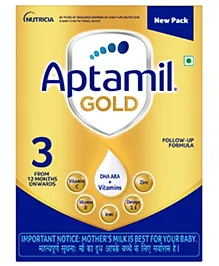
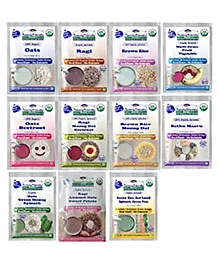
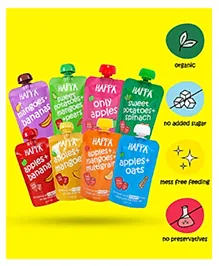
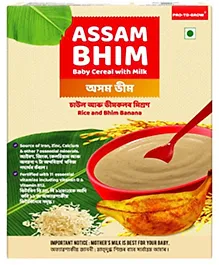

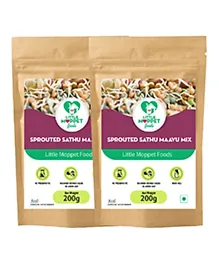
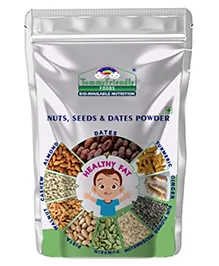
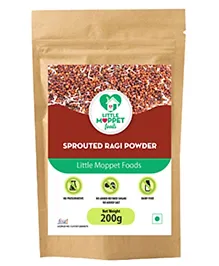
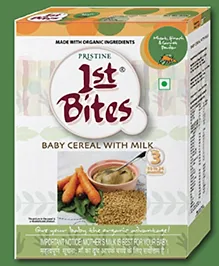
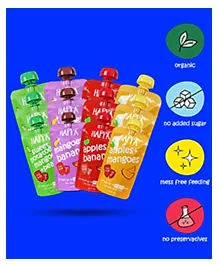
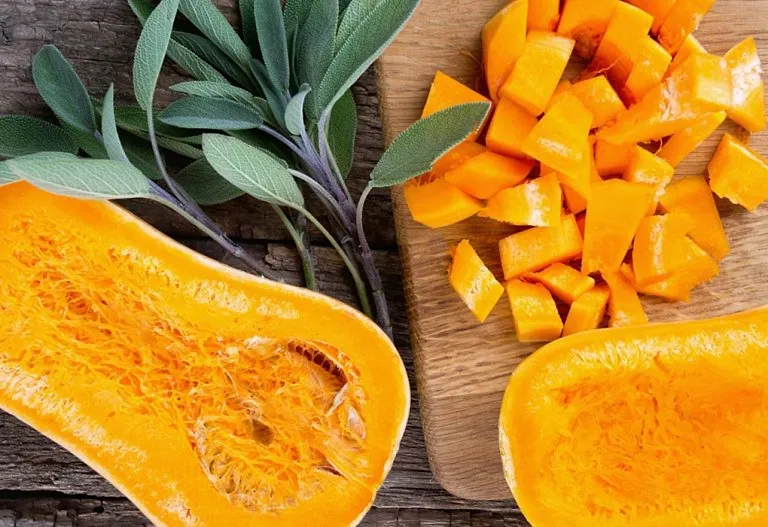
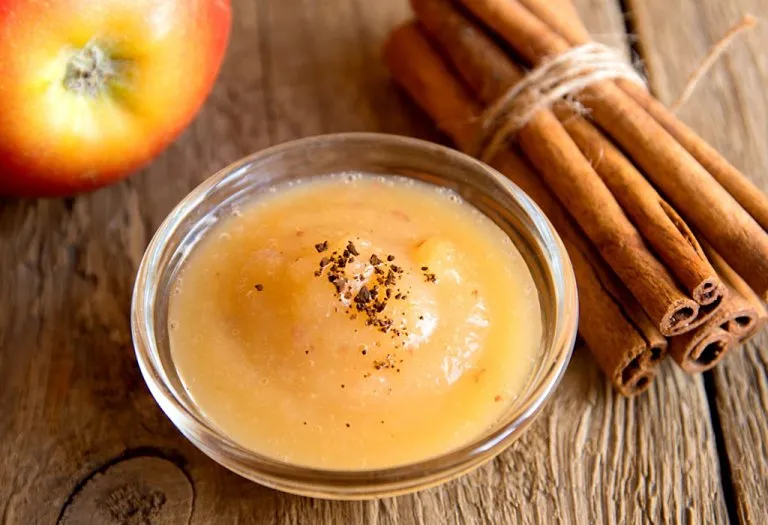


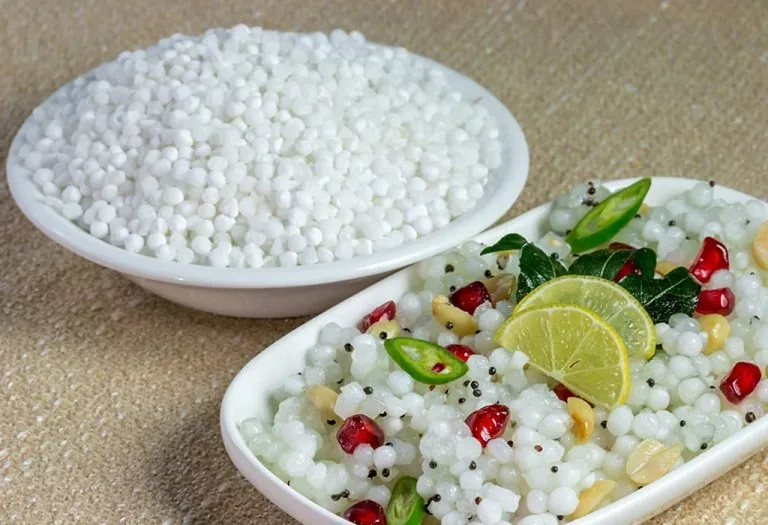


.svg)











